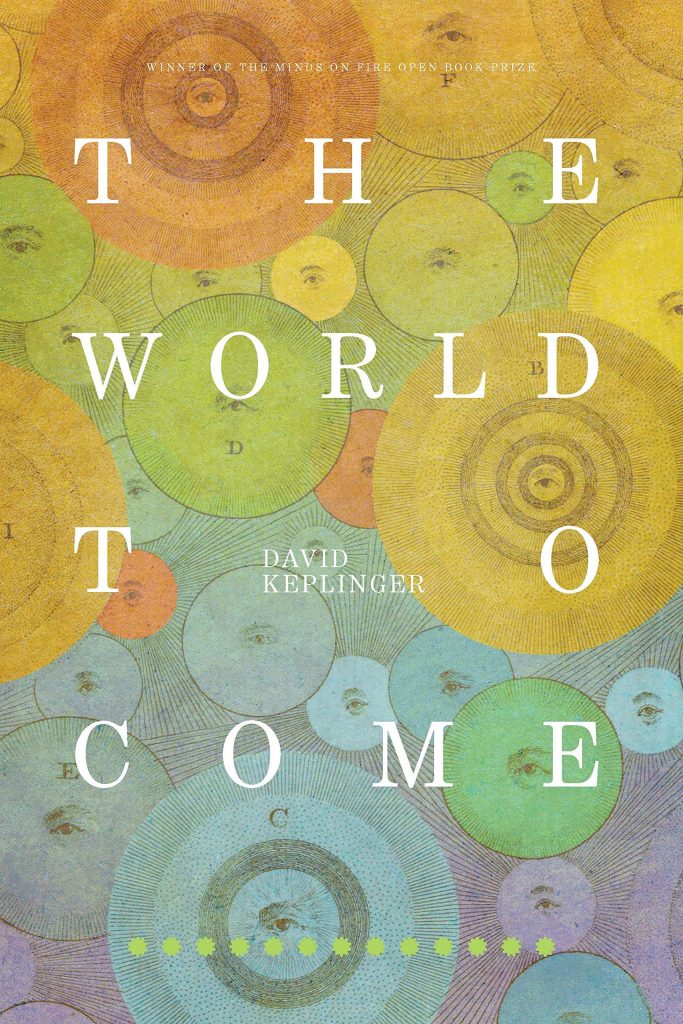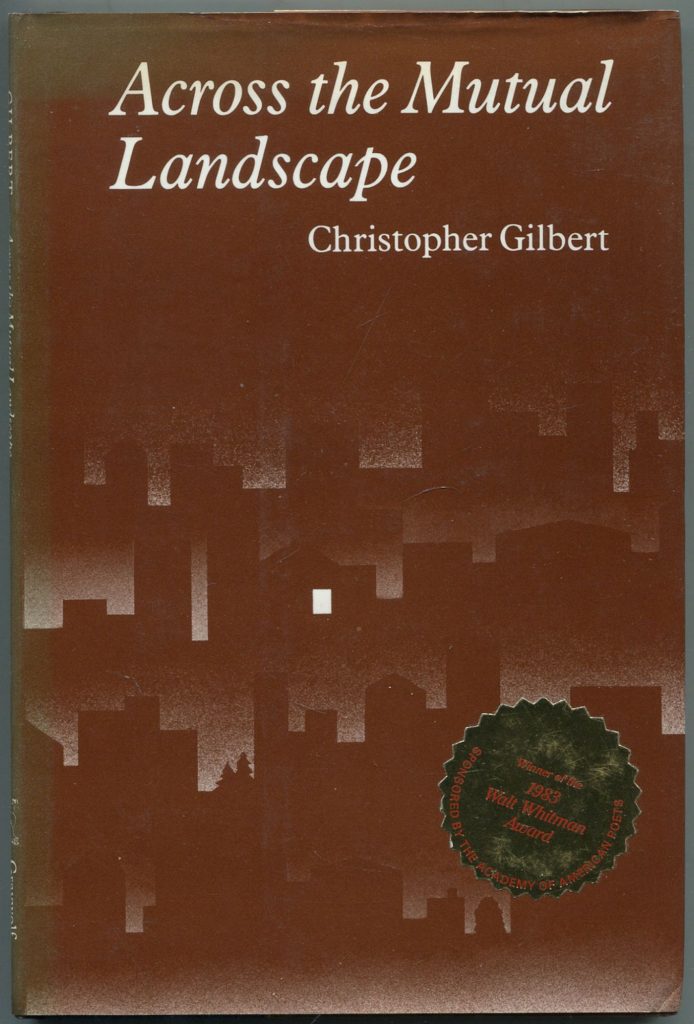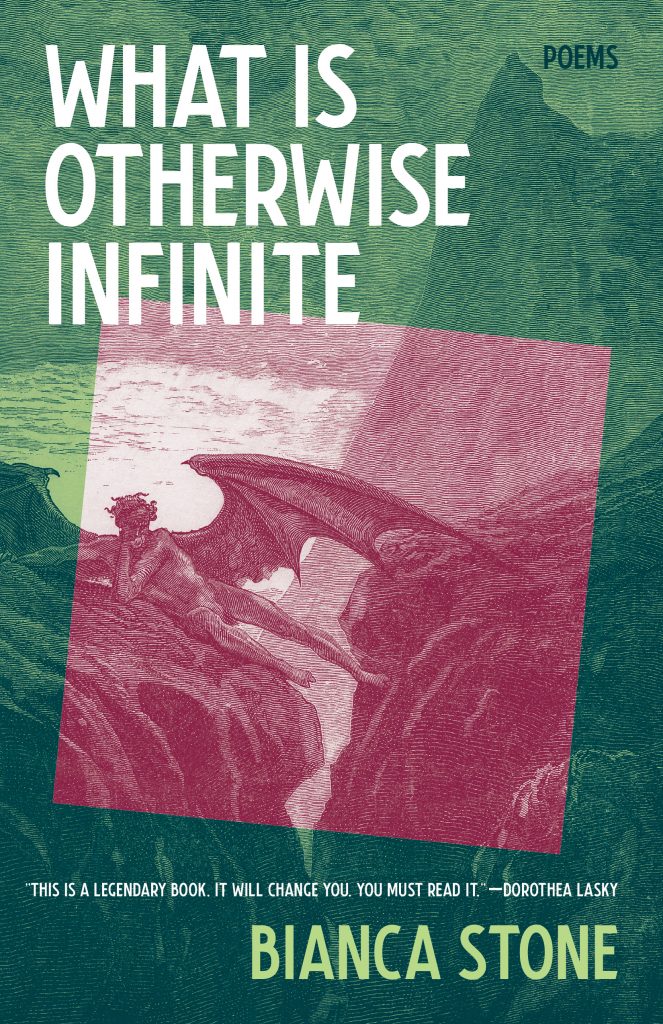| Microreviews |
David Keplinger. The World to Come. Conduit Books & Ephemera, 2021. 104 Pages.
Reviewed by Sylvia Jones
Despite its title, despite the clear and ongoing devastation brought about by climate change, David Keplinger’s The World to Come never succumbs to the try-hard-isms of our time. There are many books written from the crumbling edge of the seemingly inevitable climate abyss. Not once does this book traffic in despair or indulge in jump-scares. Without hierarchy of importance, the poet writes about Vera Rubin, religious art, otters, the Large Hadron Collider, Crazy Horse, faith, piety, the color ultramarine, Jupiter, fate as a site of imperfection, Sassoferrato, the facial expressions of certain beetles, forgiveness, Max Planck, the physicist, pain, surveillance, catastrophic loss, a boat doubling as a harp, the color red, psychoanalysis, the body as a sensory deprivation tank, photons, penance, and the nugget of wisdom from Fred Astaire with which the final section opens: To learn to dance is to learn to control oneself.
By trotting out the past in sequences and stills, Keplinger sketches a neutral witness from sonic essence and dynamism. One example is the poem “The Color Red”:
……….July, red earth. The towns unwind on red roads, a necklace of skulls. I
……….send this after giving up all hope. I’ll never see the land the same
……….again. Or rather, see it always, burning. With the death of separateness,
……….compassion is possible. In the Axial Period, the remedy of fire washes
……….the first sin, the mortal sin, away: which was to feel lonely. I’ll never see
……….the globe that held the heart of Crazy Horse, surrounding the dried heart
……….like flame. But there is the sky, held in the window. There is the sun, in
……….the brass knob of the door . . .
Here, the site-specific is stacked against an image until a metaphor whistles out, an awakening from which several other awakenings are born. Voice is a series of sudden mirrors and delicately placed fascinations. These prose poems are part apparitional warm-up, part spatial improvisation, part shorthand, and part advice. Keplinger’s new collection is proof that the esoteric can reach real-world conclusions.
____
Sylvia Jones lives and writes in Baltimore, Maryland.
Christopher Gilbert. Across the Mutual Landscape. Graywolf Press, 1984. 91 Pages.
Reviewed by Lauren Turner
The poems in Christopher Gilbert’s Across the Mutual Landscape (recipient of the 1983 Walt Whitman Prize from the Academy of American Poets) read like free improvisation, or transcriptions of an immediate moment in real time, with titles such as: “Now,” “Exactly Passing Through (Horn Player),” and “Glimpses.” Gilbert’s observations are prism-like, capturing a moment and refracting it through the speaker’s voice as a rainbow that the reader can then witness as something transcendent, even spiritual. These everyday observations are commonplace: picking tomatoes in the garden, running into a friend at an intersection, hearing a saxophonist on the street, etc.; but Gilbert’s poetics celebrate these quotidian experiences as participating in “the mutual landscape”—our present moment, shared together, now and now and now.
While Gilbert’s references to Black jazz and soul musicians are abundant, the speakers of Gilbert’s poems also function as collaborators in the music of this landscape with their rhythm, voice, and sense of time. In “Listening to Monk’s Mysterioso I Remember Braiding My Sisters’ Hair,” Gilbert contextualizes Monk’s playing with the image of his sisters braiding their hair and likens it to a “knowing which makes the world / a continuity. As in your core / something calls to you / at a distance which does not matter.” This knowing, this sense of connectivity to the world, is what Gilbert writes so generously and with so much capacious listening. In “Time with Stevie Wonder in It,” Gilbert meditates on how a poem’s relationship to time can render it something altogether more meaningful: “If this were just a poem there would be a timelessness— / the punchclock Midwest would go on / ticking, the intervals between ticks / metaphor for the gap in our lives / and in that language which would not / carry itself beyond indifferent / consequences . . . The beauty of the word, / though, is the difference between language / and the telling made through use.”
____
Lauren Turner is a writer and musician in Nashville, Tennessee, where she plays music solo (Lou Turner) and in the band Styrofoam Winos. Shape Note Singing (Vegetarian Alcoholic Press) is Turner’s debut chapbook of poems and an essay. She is an MFA candidate in poetry at Randolph College’s low-residency program.
Bianca Stone. What Is Otherwise Infinite. Tin House Books, 2022. 125 pages.
Reviewed by Christopher Gaumer
One essential appeal of Bianca Stone’s poetry is her ravenous attention to the minuscule. In Stone’s excellent poetry collection, What is Otherwise Infinite, nothing escapes the author’s perspective, unless she allows it. Such control permits motifs—motherhood, grief, addiction, and others—to hum off the page: “Now / when I bite into / the tied-off end / of a sausage / it reminds me / of her umbilical cord. / As the eyes / of the mice / in my kitchen / remind me of her eyes” (“The Infant’s Eyes”).
Stone’s new book follows two other poetry collections with Tin House Books, Someone Else’s Wedding Vows and The Möbius Strip Club of Grief. There are distinct through lines between the books—unexpected laughs, occasional nods to Star Trek, and the phrase “someone else’s,” which gets repurposed for the final lines of “Routine”: “I sit in the lobby of someone else’s potential / thinking it’s my own. / I go about my day / convinced I am immortal.” Here, Stone commands metaphor to elevate an event into the world of ideas, seemingly beyond even the poet’s vision.
Such is the experience of What Is Otherwise Infinite, and the result is an ever-expanding series of images, lyrics, and narratives. Even for subject matter that could translate as sadness, there is pleasure in sadness articulated with clarity. That is vantage point, earned and intuitive. If Bianca Stone and a hundred other humans witness the same event, it is Stone’s version you want to read. She’s that particular, that powerful.
____
Christopher Gaumer’s writing appears in The Rumpus, McSweeney’s, The Southern Review, Best Microfiction 2019, and elsewhere. He won the 2019 Poetry Society of Vermont’s National Poetry Prize and is the MFA Assistant Director at Randolph College, where he also serves as Managing Editor of Revolute magazine.


